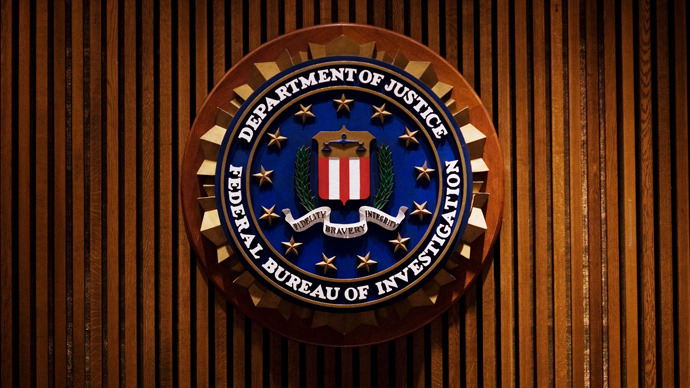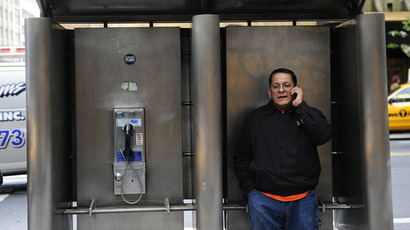FBI loses appeal in StingRay surveillance case

The Federal Bureau of Investigation lost an appeal Monday to delay a lawsuit filed by the Electronic Privacy Information Center, a privacy advocacy group that's suing the agency for information related to its StingRay cellphone surveillance technology.
StingRay technology first began to attract attention when it was
revealed to have been used to apprehend David Rigmaiden, a suspect
in an electronic tax fraud ring indicted in 2008. Rigmaiden’s
requests to provide details of how the FBI was able to locate him
revealed the use of StingRay, a technology which fools cell phones
within a certain range into linking with the technology, as though
it was a real cell tower. By harvesting the data provided by a mass
of cellphones, StingRay can physically locate a designated
device.
Privacy advocates like the Electronic Frontier Foundation and the ACLU argue
that StingRay's bulk data collection method violates the privacy of
cell phone users who are unwittingly targeted by the tool. In
addition, the ACLU has presented evidence that the FBI has not
always been honest about its intent to deploy StingRay when filing
warrants with federal judges.
If the ACLU’s lawsuit is successful, it would imply that the FBI
has knowingly requested “general warrants,” which would
violate Americans' Fourth Amendment rights against unreasonable
search and seizure.
In February of 2012, the Electronic Privacy Information Center
(EPIC) submitted a Freedom of Information Act request to the FBI
for an extensive number of documents and specifications on StingRay
and similar “simulator technologies.” EPIC is requesting
information regarding the bureau’s procedural requirements and
guidelines for the use of StingRay, as well as the legal basis for
the use of such technologies.
In response to the request, the FBI attempted to ask for a two-year
delay in releasing the records. A federal judge rejected that
request, saying the bureau’s justification that it was already
overwhelmed by FOIA requests did not meet the criteria for an
“exceptional circumstance.”
As the appeal was rejected, the FBI must now produce any non-exempt
documents by August 1. In addition it has until the end of May to
say how many of the documents in question will be subject to a
classification-declassification review.
EPIC has already obtained a number of documents relating to the
FBI’s use of cellphone tracking tools. Documents presented to the
organization have revealed that agents received “extensive
training” on such technology in 2007, and that similar devices have
been in use to monitor cell phones since 1995.
According to a presentation included in the documents given to EPIC
by the FBI, the bureau considers such cell phone emulators to be
“pen register devices” - tools that can record all numbers
called from one particular telephone line; such instruments have
been in use in some form since the advent of basic telephone
technology.














